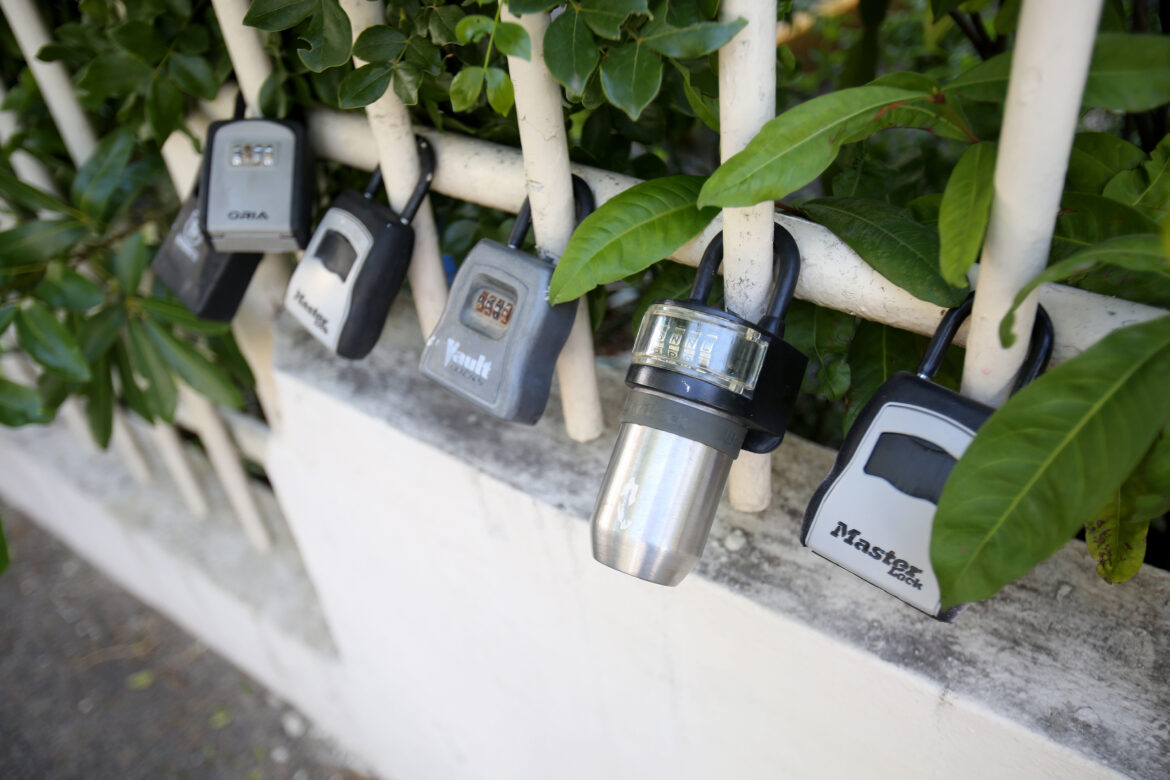San Juan – Five judges have already ordered the disclosure of a list of all properties registered to operate as short-term rentals in Puerto Rico to the Center for Investigative Journalism (CPI in Spanish). The Puerto Rico Tourism Company has until Feb. 8 to provide the information to avoid being imposed a daily and indefinite fine of $300, as San Juan Superior Court Judge Alfonso Martínez Piovanetti ordered during a contempt hearing held in January.
A panel of four judges of the Court of Appeals unanimously confirmed the San Juan Superior Court’s decision validating the CPI’s information request sent to Tourism, on Friday, Jan. 26.
“Contrary to what Tourism stated, we conclude that neither the law nor the current regulations grant confidentiality to the information requested by the Center,” states the Appellate Court ruling, whose judges were Ángel R. Pagán Ocasio, Ricardo G Marrero Guerrero, Lersy Boria Vizcarrondo, and Roberto Sánchez Ramos, who authored the decision and presides over the court’s Panel I.
On December 18, 2023, Judge Martínez Piovanetti issued a resolution ordering the immediate delivery of a list of all properties registered to operate as short-term rentals, including the physical address of the properties, their commercial names, as well as the names of its owners, as the CPI requested in May of last year.
Tourism refused to hand over the list immediately and the CPI requested that it be found in contempt, which is why a contempt hearing was scheduled at the beginning of this month.
Prior to the hearing, Tourism appealed Judge Martínez Piovanetti’s determination and requested that the proceedings be stayed until its appeal was resolved. The Appellate forum denied the stay but decided to hear the case on its merits.
During the hearing, Tourism made a partial and incomplete disclosure of the information, as it provided a copy of the Registry of Hoteliers that it maintains. The record does not have all the information that CPI journalist Luis Joel Méndez González requested. The first instance forum ordered Tourism to deliver the remaining information in 30 days, before Feb. 8, 2024, under penalty of a daily and indefinite fine of $300.
Despite the above, at the intermediate court, the agency continued to claim the confidentiality of the information and insisted on characterizing it as being tax-related, citing the Room Occupancy Rate Tax Law, Act 272 of 2003, and another agency regulation.
The Court of Appeals rejected those claims and held that the law and regulation invoked lacked the scope that Tourism claims and confirmed, in its entirety, Judge Martínez Piovanetti’s determination.
Specifically, the intermediate forum concluded that “only a list of the properties intended for short-term rentals, their location, the commercial name, and the property owner’s name was requested. Nothing else. The simple fact that this information may also arise from the ‘Declarations’ [on the room occupancy tax] does not give it a confidentiality nature.”
In its ruling, the Court of Appeals made an analogy between the requested information and the personnel files of public employees and reasoned that this is so “for the same reason that information on the name of an agency’s employees is public, regardless of whether those names also appear in the personnel file that the agency maintains, which is considered confidential.”
In the wake of the court victory, the Executive Director of the CPI, Carla Minet, said: “The Government of Puerto Rico once again uses public resources to not deliver data that is of high public interest. It’s a contradiction with the public policy that has been presented to the island. We’re waiting for complete information to be delivered to us as soon as possible so we can do our investigative work. There’s no doubt that we will go to court every time we are denied documents that belong to us, as citizens and as the press.”
The CPI’s legal representation is provided by its attorney Carlos F. Ramos Hernández and the attorneys of the Inter American University Law School’s Access to Information Clinic, Luis José Torres Asencio, Steven Lausell Recurt, and Judith Berkan.



